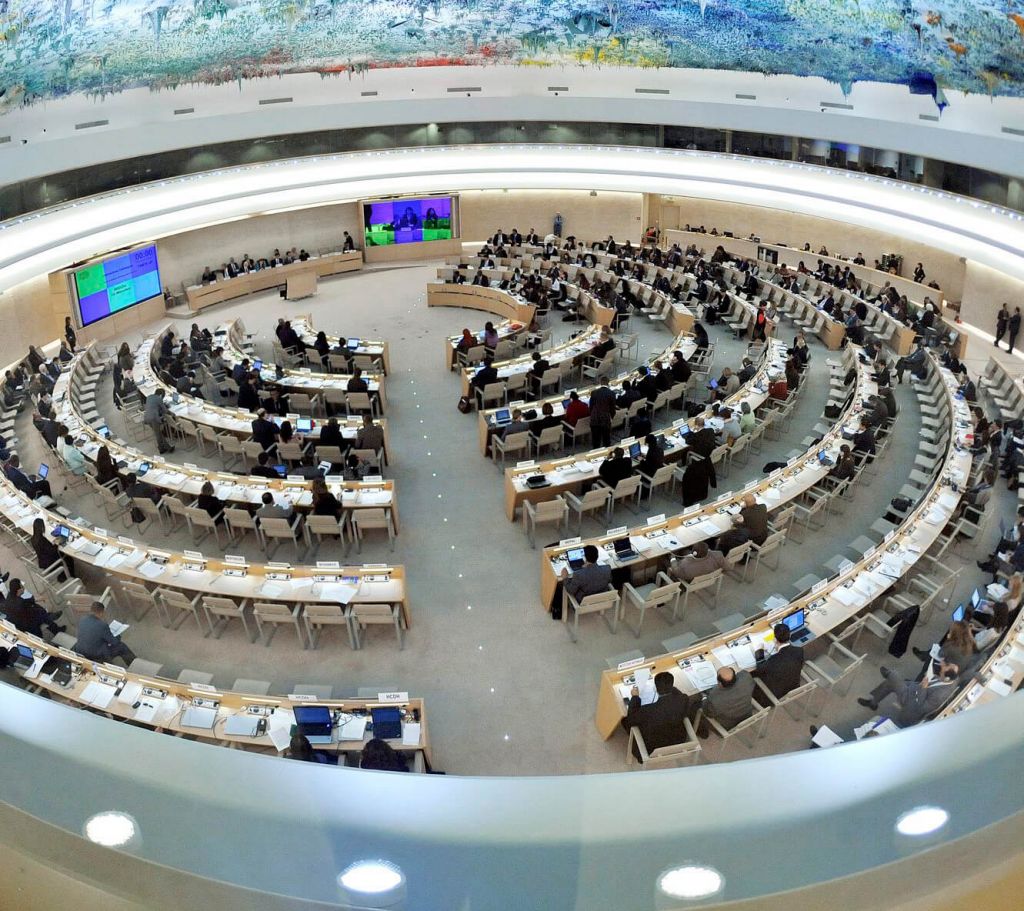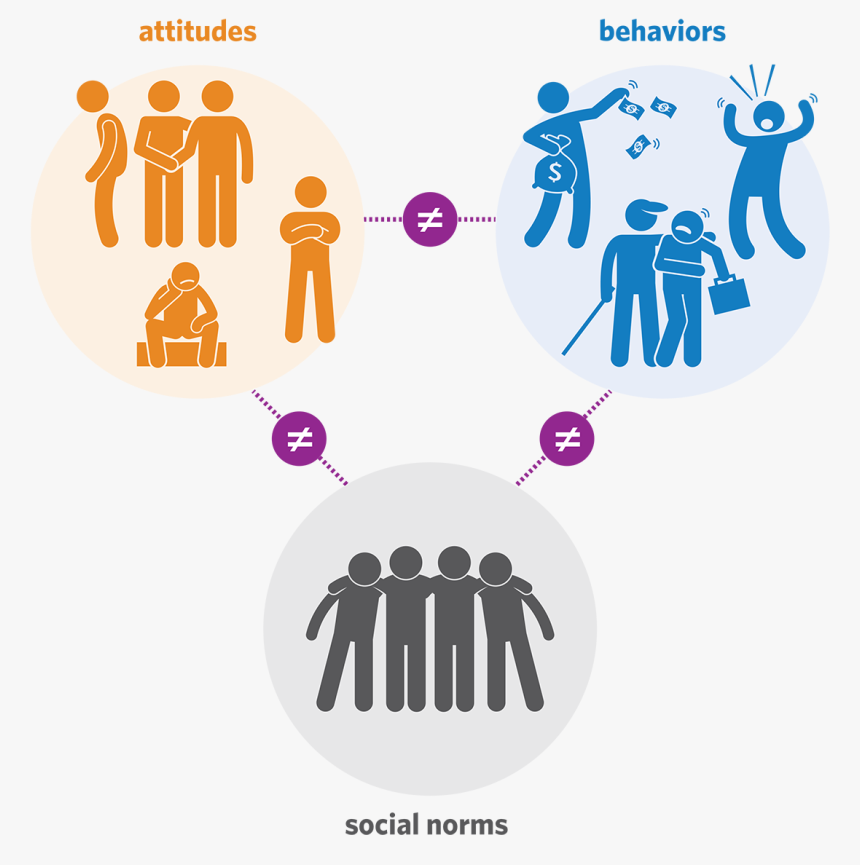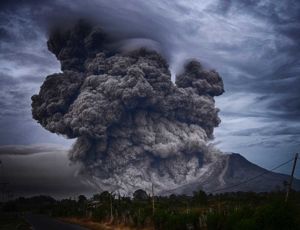Climate Finance for a Fast Transition to a Green Economy

ABSTRACT
We present a novel proposal to achieve a global reduction of carbon emissions in the coming decades by harnessing the power of financial markets, based on a four-pronged interdisciplinary approach. We can contrast past approaches to “financial stability”, where policymakers were accused of “saving the banks (and often the bankers) to save the economy” with our approach. We propose to “enlist the banks and companies to save the planet.” We argue that the tools of the existing framework (economic, social, legal) for financial stability, if properly designed are powerful enough to induce firms to lower significantly their carbon footprints. The starting point is the observation that financial systems are highly interconnected. Thus, a (sufficiently large) shock can affect the global economy.
CSI-UC3M Participants: Antonio Cabrales, David Ramos, Anxo Sánchez
External Participants: Xavier Lavandeira (Universidade de Vigo), María Loureiro (Universidade de Santiago de Compostela)
Climate Clubs as a Tool for International Action on Climate Change

ABSTRACT
The climate change challenge can be understood as a repeated public goods game among sovereign countries. A number of treaties, including the Kyoto Protocol (1997), Copenhagen Accord (2009), Doha amendment (2012), and the Paris agreement (2015) have been agreed upon, but they have not been effective because of the strong incentives for free-riding, i.e., for not contributing to climate change mitigation and let other countries make the effort. A solution to this problem has been proposed in the paper “Clubs as a mechanism to overcome free-riding” (Nordhaus, AER 2015). The basic idea is that participating countries undertake harmonized emissions reduction, and non-participating countries are penalized with tariffs on the imports into the club region. The hope is that countries will act strategically lowering emissions because of the structure of the incentives. The aim of our research is to carry out experiments with human participants to check whether this mechanism could actually work.
CSI-UC3M Participants: Alberto Antonioni, Antonio Cabrales, Anxo Sánchez
Social Norms as a Driver of Individual Behavior in the Face of Climate Change

ABSTRACT
Social norms are key to solving some of the most pressing contemporary societal challenges, from mitigating climate change to reducing the spread of infectious diseases. While laws, treaties and other formal mechanisms are necessary to address these global issues, they are not always sufficient to reach desirable social outcomes. However, despite their importance, evidence on the causal effect of social norms on behavior and on their role in promoting prosocial behavior is still limited. Here we use a 30 day lab-in-the-field experiment in which we exogenously change the risk of a collective loss to test if the threat of a catastrophe changes social norm strength and, by varying the order in which subjects experience the different risks, we test whether social norms lead to behavioral changes. Our results provide evidence for the causal effect of social norms in promoting cooperative behavior in collective-risk social dilemmas and for their role in making behavior resilient to change.
CSI-UC3M Participants: : Alberto Antonioni, Francesca Lipari, Anxo Sánchez.
External Participants: Giulia Andrighetto, Mario Paolucci, Luca Tummolini (LABSS, ISTC-CNR, Roma, Italia), Aron Szekely (Collegio Carlo Alberto, Università degli Studi di Torino, Italia).

ABSTRACT
CSI-UC3M Participants: Manuel Soler

ABSTRACT
CSI-UC3M Participants: Manuel Soler

